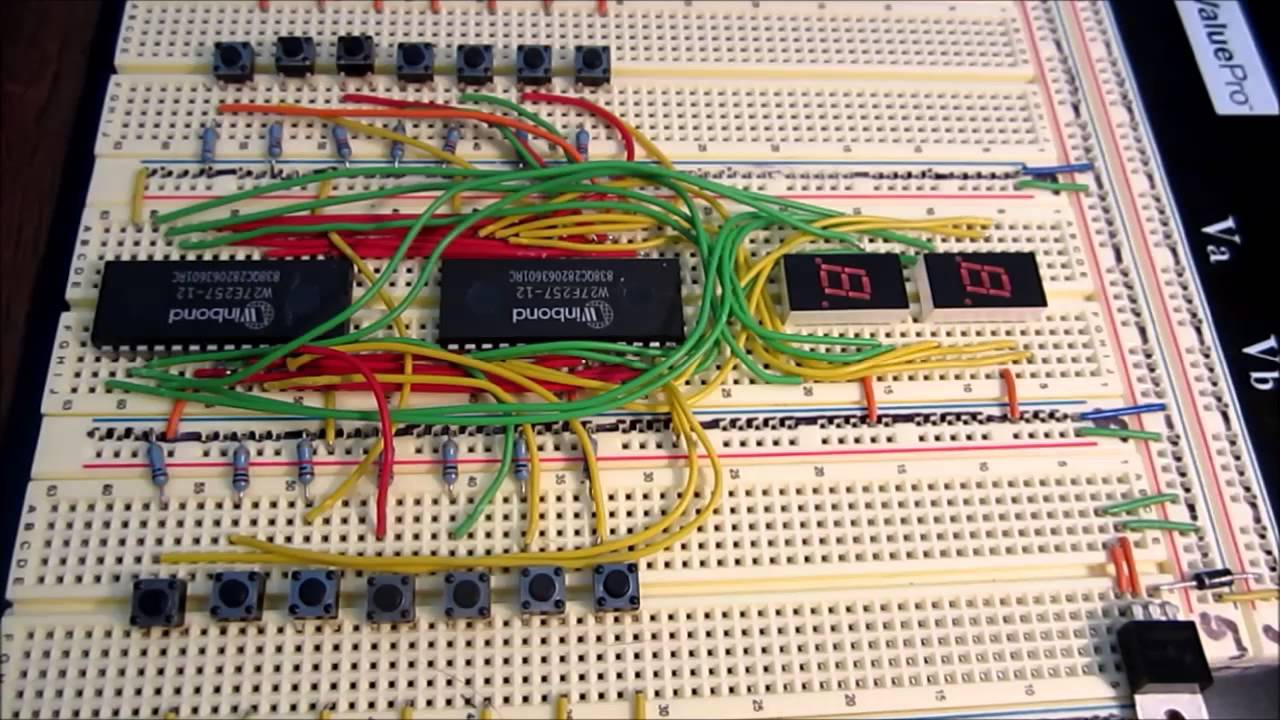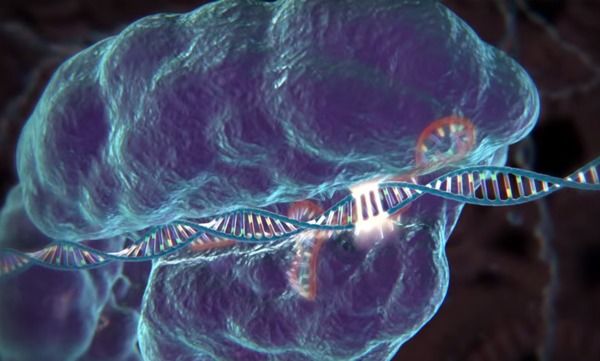Feb 12, 2017
Distributed Objective Consensus: Beyond POW & POS
Posted by Philip Raymond in categories: bitcoin, computing, cryptocurrencies, economics, innovation, privacy, software
At the heart of Bitcoin or any Blockchain ledger is a distributed consensus mechanism. It’s a lot like voting. A large and diverse deliberative community validates each, individual user transaction, ownership stake or vote.
But a distributed consensus mechanism is only effective and faithful if the community is impartial. To be impartial, voters must be fairly separated. That is, there must be no collusion enabled by concentration or hidden collaboration. They must be separated from the buyer and seller; they must be separated from the big stakeholders; and they must be separated from each other. Without believable and measurable separation, all sorts of problems ensue.  One problem that has made news in the Bitcoin word is the geographical concentration of miners and mining pools.
One problem that has made news in the Bitcoin word is the geographical concentration of miners and mining pools.
A distributed or decentralized transaction validation is typically achieved based on Proof-of-Work (POW) or Proof-of-Stake (POS). [explain]. But in practice, these methodologies exhibit subtle problems…
The problem is that Proof-of-Work can waste an enormous amount of energy and both techniques result in a concentration of power (either by geography or by special interest) — rather than a fair, distributed consensus.
Continue reading “Distributed Objective Consensus: Beyond POW & POS” »

















